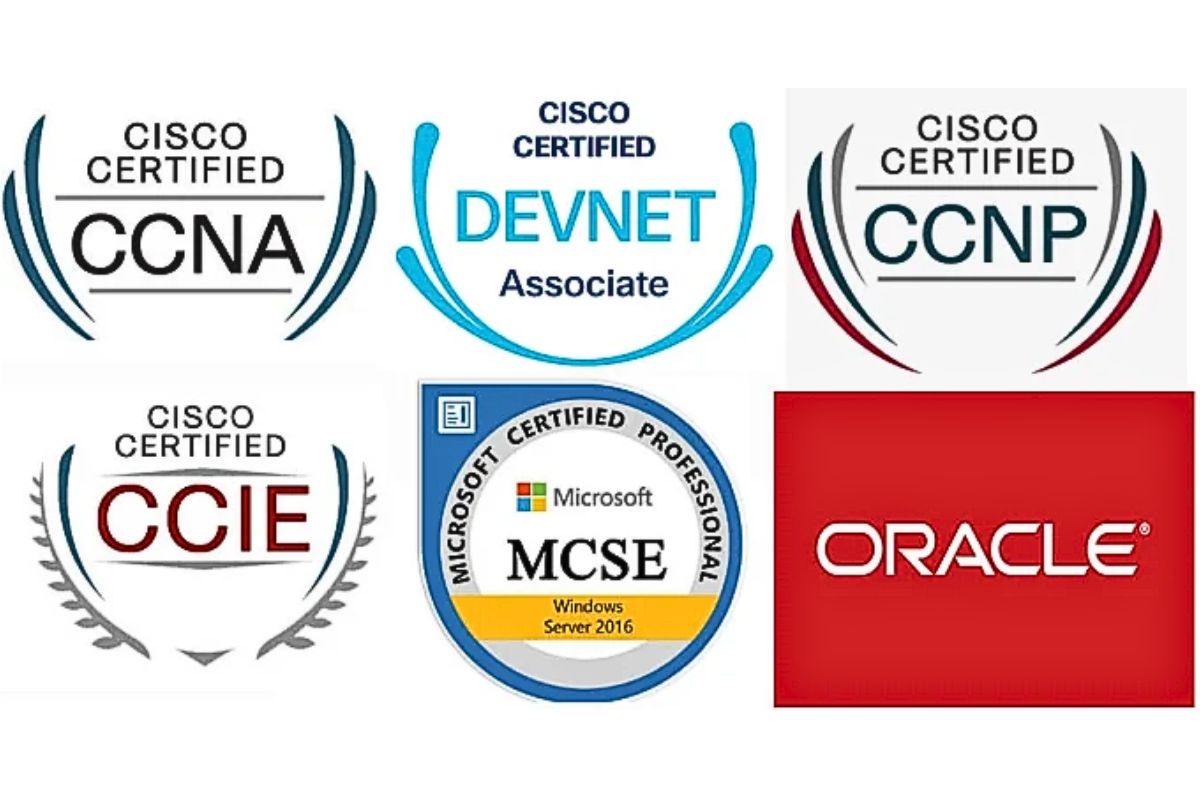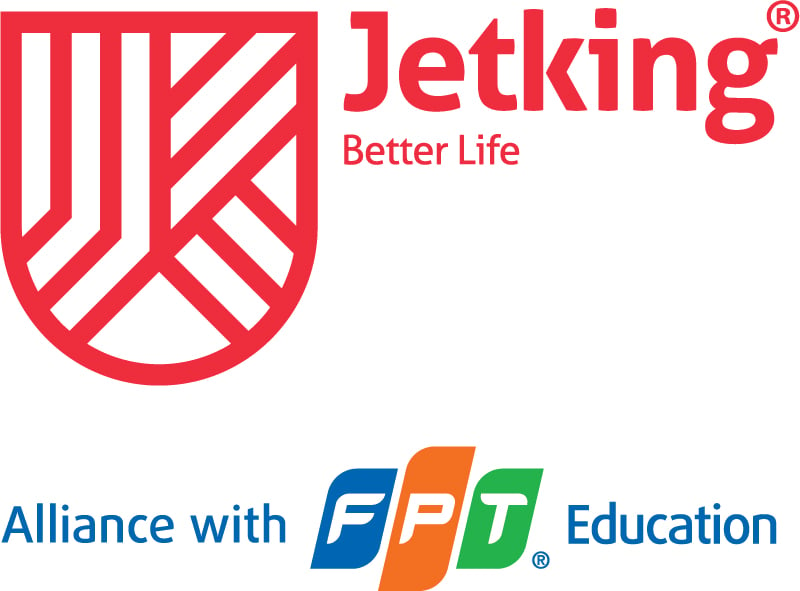
Main Responsibilities of a Network Administrator:
Network Hardware
- Router: Controls network traffic between different networks.
- Switch: Connects devices within a local area network (LAN).
- Firewall: Protects the network by controlling traffic.
- Network Interface Card (NIC): Allows devices to connect to the network.
- Wireless Access Point (WAP): Connects wireless networks.
Network Software
- DHCP Server: Provides automatic IP addresses to devices on the network.
- DNS Server: Translates domain names into IP addresses.
- VPN Server: Enables secure remote access to the internal network.
- Network Monitoring Tools: Monitors network performance and logs events.
Network Configuration
- IP Addresses and Subnets: Define the scope and connectivity within the network.
- VLANs: Divides the network into virtual networks to enhance security and performance.
- Routing Protocols: Manages routing information between networks.
Network Security
- Firewall Rules: Controls network traffic.
- Access Control: Manages access rights to network resources.
- Encryption Protocols: Protects data by encrypting information.
Network Services
- Email Services: Sends and receives emails within the network.
- Web Services: Provides websites and web services.
- File Sharing: Shares files between computers in the network.
Network Monitoring and Troubleshooting
- Network Monitoring Tools: Monitors network activity and detects issues early.
- Troubleshooting Techniques: Diagnoses and resolves network problems.
These components together create a comprehensive network administration system, ensuring that computer networks operate efficiently and securely.
Key Responsibilities of a Network Administrator
- Operate and maintain the organization’s internal computer network system.
- Manage and design network security tools such as antivirus systems and firewalls.
- Resolve issues related to connectivity, transmission, and network performance.
- Manage the installation and maintenance of hardware devices such as routers and switches.
- Manage, deploy, and upgrade network software.
- Optimize the network system for the best possible speed.
- Maintain backup and disaster recovery systems for critical network servers.
- Adjust user access rights to sensitive files to protect information.
Why is Network Admin Important?
In the modern business environment, most business operations depend on computer networks. Network administrators must ensure that devices and network systems operate continuously and efficiently, helping businesses connect and function smoothly.
Computer networks store and transmit a great deal of important business information. Network administration ensures the safety of this data and information against threats from hackers, malware, and other network attacks. By optimizing network structures and managing network resources effectively, network administration enhances work performance and optimizes user experience.
In the event of technical issues or network threats, network administrators need to respond quickly to resolve problems and ensure that systems return to normal operation swiftly and efficiently. By maintaining and managing network systems professionally, businesses save costs through reduced incidents, optimized resources, and improved work performance.
In summary, network administration plays a crucial role in maintaining the stable and secure operation of computer networks, thereby impacting business operations and the growth of enterprises.
Educational Requirements for Network Administration
 Typically, network administration positions require a bachelor’s or master’s degree in Information Technology, Systems Engineering, or related fields. In addition to academic degrees, specialized certifications are also very important. Certifications such as Cisco Certified Network Associate (CCNA), Cisco Certified Network Professional (CCNP), Microsoft Certified Solutions Associate (MCSA), Microsoft Certified Solutions Expert (MCSE), and other certifications from reputable providers offer specific knowledge and skills in network system management.
Typically, network administration positions require a bachelor’s or master’s degree in Information Technology, Systems Engineering, or related fields. In addition to academic degrees, specialized certifications are also very important. Certifications such as Cisco Certified Network Associate (CCNA), Cisco Certified Network Professional (CCNP), Microsoft Certified Solutions Associate (MCSA), Microsoft Certified Solutions Expert (MCSE), and other certifications from reputable providers offer specific knowledge and skills in network system management.
Employers also often require candidates to have practical experience in network management. This experience can be gained from real-world projects or previous work positions.
Where to Study Network Administration?
There are many institutions and organizations that offer courses in network management, including universities, professional training centers, and online courses. Among these, FPT Education, in collaboration with FPT Jetking, is an international training system for Network Security & Cloud Management. This program provides students with comprehensive knowledge in network security over a 4-semester, 2-year curriculum.
Notably, students participate in direct classes with businesses and experts, engage in workshops, join cybersecurity clubs, and attend experience-sharing sessions with successful alumni.
Graduates receive an international diploma and have the opportunity to transfer and obtain a bachelor’s degree from FPT University and other international universities. The program guarantees 100% job placement, with priority given to employment at FPT. This provides students with excellent opportunities to access and practice in companies operating in the field of network and security management.

International Network Security & Cloud Training System – FPT Jetking
- Address: 391A Nam Ky Khoi Nghia, Vo Thi Sau Ward, District 3, Ho Chi Minh City
- Hotline: 0931313329 – 0981578920
- Inbox Fanpage: m.me/fptjetkingvietnam
- Website: https://jetking.fpt.edu.vn/


